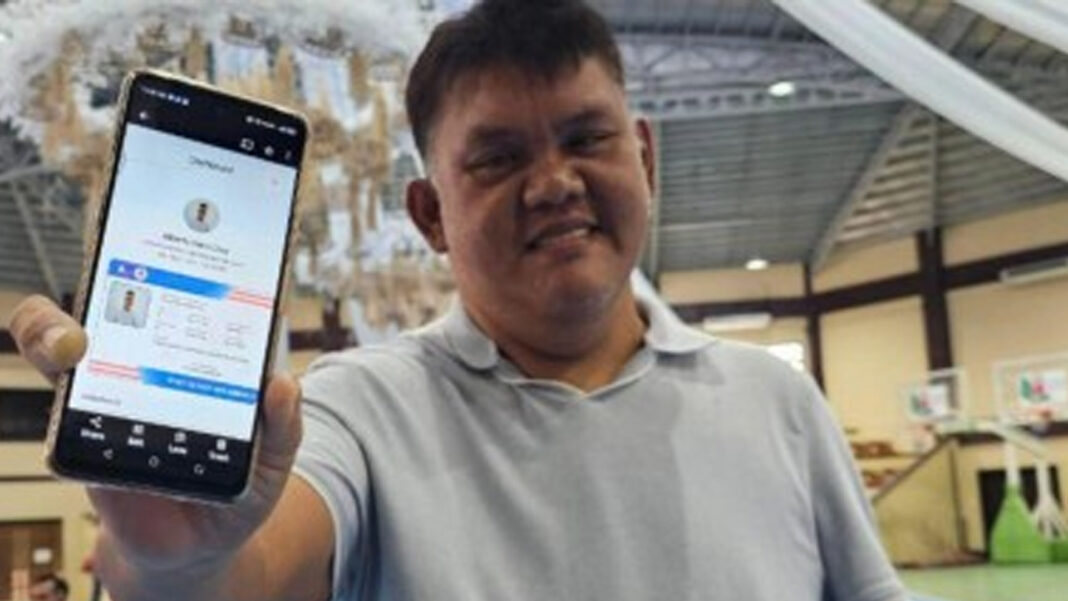The Department of Social Welfare and Development (DSWD) and the National Council on Disability Affairs (NCDA) are moving forward with the nationwide rollout of the unified identification (ID) system for persons with disabilities (PWD).
The initiative aims to standardize registration, strengthen verification, and ensure the protection of persons with disabilities across the Philippines.
“We are actually on the rollout stage, so this initiative strengthens accessibility, ensures accurate records, and protects the rights of persons with disabilities in the Philippines,” NCDA spokesperson Walter Alava said during the Thursday Media Forum at the DSWD Central Office in Quezon City.
He noted that a Senate inquiry conducted last year estimated that PHP88.2 billion in revenue was lost due to the widespread issuance of fake PWD IDs.
The varying processes followed by local government units (LGUs) have led to validation gaps, incomplete records, and the distribution of fraudulent IDs.
This led to the creation of a unified ID system between the NCDA and DSWD to address gaps by harmonizing nationwide registration, verification, and database management.
It supports Republic Act No. 10070, also known as the Persons with Disability Affairs Office (PDAO) Law, and aligns with the United Nations Convention on the Rights of Persons with Disabilities (UN CRPD).
“The DSWD and NCDA, in partnership with the VISCION (Technology Inc.), created, developed a system called unified ID, unified persons with disability ID system. This is for more reliable and efficient delivery of benefits and services,” Alava said.
The rollout of the unified system is being implemented in three major phases.
The first phase started in August 2025 and involved pre-pilot testing in five selected local government units (LGUs): the Cities of Manila, Pasay, and Muntinlupa; San Miguel in Bulacan; and Sta. Rosa in Laguna.
This phase aimed to test the workflow, validation processes, and required data fields, and to identify improvements to the system.
The second phase included capacity building for 35 LGUs. A training session was held on Sept. 25, focusing on encoding, verification, overall system usage, and integrating improvements into the system.
The third phase, encompassing regional rollouts, commenced in October and will continue through November 2025 across Luzon, the Visayas, and Mindanao. A total of 537 LGUs have completed their training.
The unified ID card features a unique QR code that, when scanned, directs establishments to a verification portal. The system accommodates both digital and printed identification cards, with printing options provided by the LGUs.
Despite making progress, several challenges have emerged during the rollout.
“These challenges include varying levels of readiness among LGUs, differences in staff capacity, and the necessity for personnel to handle both data entry and verification. Issues such as internet connectivity problems in remote areas, outdated devices, and varying levels of digital literacy among registrants have been identified,” Alava said.
To address access concerns in remote areas, the system includes a feature that allows for offline registration.
In addition to system development, the NCDA is working closely with the Department of Information and Communications Technology to ensure that the unified identification system for persons with disabilities is integrated into the eGovPH App after the rollout stage is complete. (PNA)


